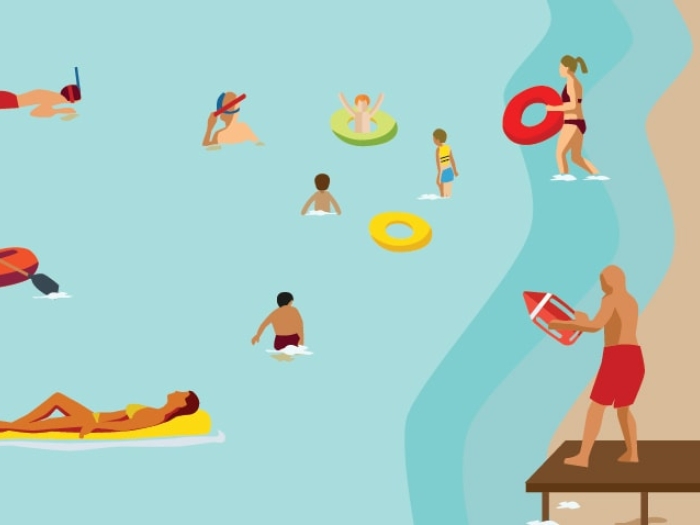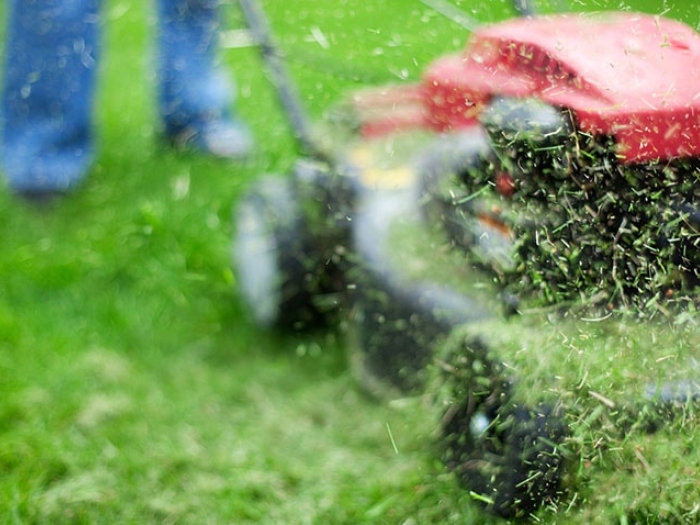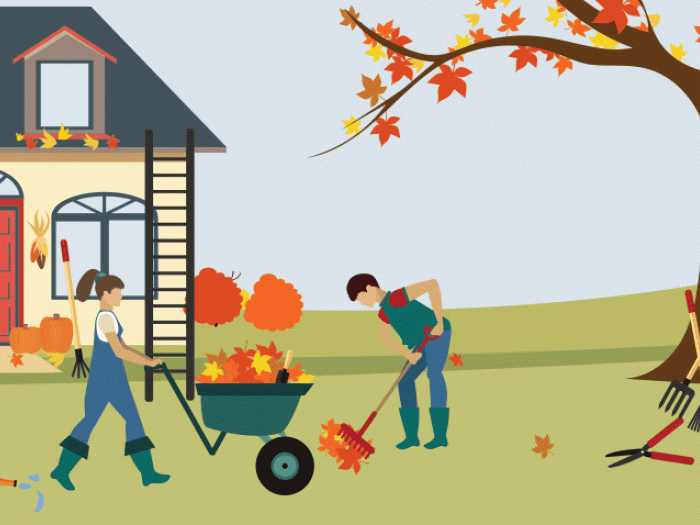Summer fairs and festivals are in full swing. Two brothers with ties to such gatherings offer tips to safely enjoy alfresco events.
7:00 AM
Author |
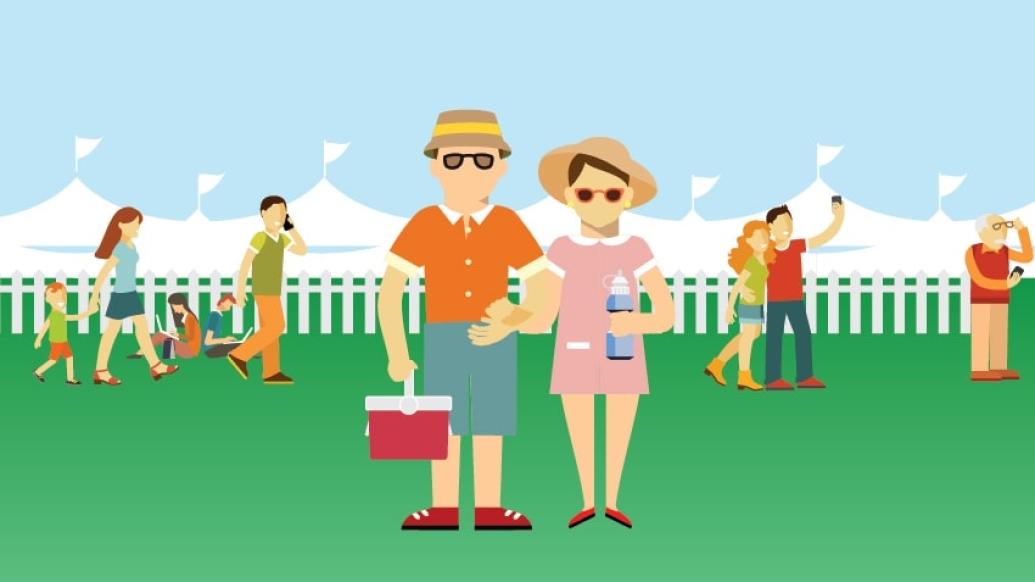
No summer is complete without taking in a music festival, strolling an art fair or catching a ride on the Ferris wheel at a carnival or state fair.
MORE FROM MICHIGAN: Sign up for our weekly newsletter
But along with the fun of an outdoor event comes unexpected hazards that could jeopardize a visitor's health.
Brad Uren, M.D., an assistant professor of emergency medicine at Michigan Medicine, and his brother Steve Uren, a Michigan artist who sells his work at art fairs across the country, know the risks all too well.
"You can never be too prepared," says Steve, a furniture and home decor artisan who will set up shop this weekend at the Ann Arbor Street Art Fair. "Make sure you're ready for a variety of situations."
Both siblings shared tips on how to enjoy summer festivals safely.
Outdoor events can take place in extremely hot weather. How can artists, vendors and patrons stay safe?
Steve: I always pack a cooler of ice and water to keep myself hydrated, and bring a bunch of cut-up watermelon because it's a good hydrator. I constantly drink water and make sure to take breaks in the shade.
I also have a battery-operated fan in my booth and bring rechargeable batteries to keep it going all day.
Brad: Agreed. It's important to stay hydrated and drink plenty of water. Don't wait until you feel thirsty to grab a bottle of water. In the hottest days of summer, you are losing water through sweat at a rapid rate. Keep ahead by drinking water throughout your browsing.
SEE ALSO: 8 Boat Safety Tips That Can Save Lives
Air conditioning is your friend and you should listen to your body. If you start to feel too hot or thirsty, stop and take a break or drink more water. The first signs of heat injury can include feeling very tired or weak or having muscle cramps. Heed these first signs and take a rest in the shade or air conditioning before you end your fair or festival adventure in the emergency room.
And block the sun with a hat and make sure to regularly apply sunscreen.
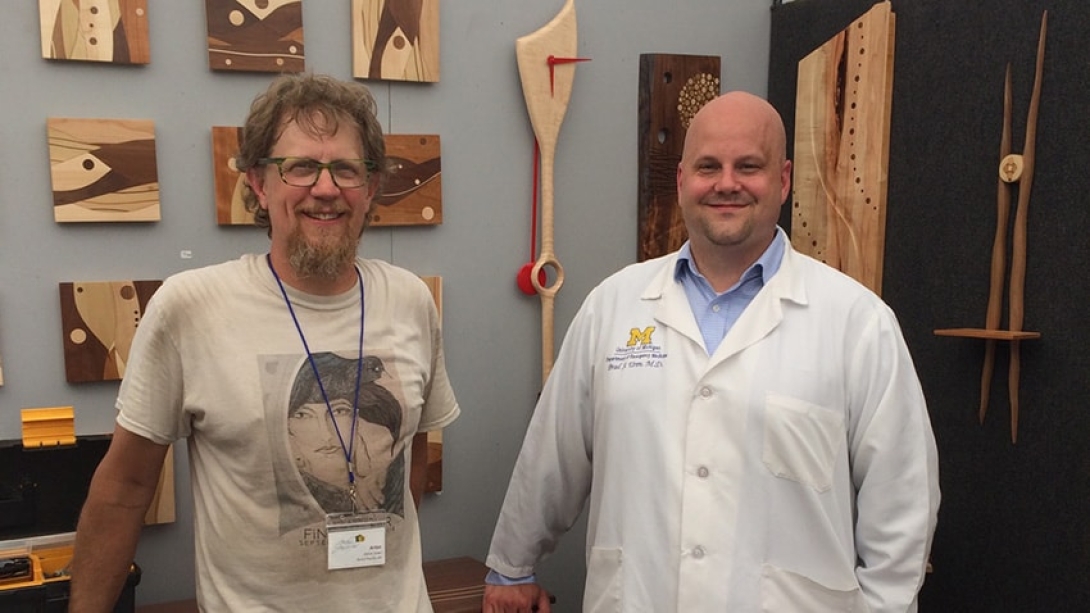
Warm summer conditions can lead to serious thunderstorms. What should you do during inclement weather?
Brad: There really is no safe place outdoors when a storm is about to, or already is, taking place. The first time you hear thunder should be your cue to get inside a solid building, or even a metal-topped vehicle, if you are at an exclusively outdoor or remote event.
Steve: It seems like the weather can change dramatically, so I always am prepared if I need to take cover quickly. I also pack a raincoat should it just sprinkle or if I'm trying to run to cover.
Many people love festival food. Any warnings or issues they should look for?
Brad: I always recommend fairgoers consume any hot foods quickly after they are cooked. Once they cool down and are left out, they can become an unsafe temperature and bacteria can grow.
If you're getting a cold salad or food item, make sure you see it stored on ice and not just left out in the heat. Cold foods are supposed to be stored below 40 degrees Fahrenheit to prevent the growth of bacteria.
Steve: I try to bring my own food when I'm traveling from show to show instead of eating the junk food. I want to maintain my diet and feel good because the days can be long and tiring. But that can be challenging when traveling!
Any other tips you want artists and festivalgoers to know?
Brad: People sometimes forget that not everyone can express when they are too hot or tired from a long day at the fair. Keep an eye out for young kids, the elderly and those with medical conditions that may make it harder for them to communicate when they need a break or have had enough for the day. Schedule in some breaks!

Explore a variety of healthcare news & stories by visiting the Health Lab home page for more articles.

Department of Communication at Michigan Medicine
Want top health & research news weekly? Sign up for Health Lab’s newsletters today!
